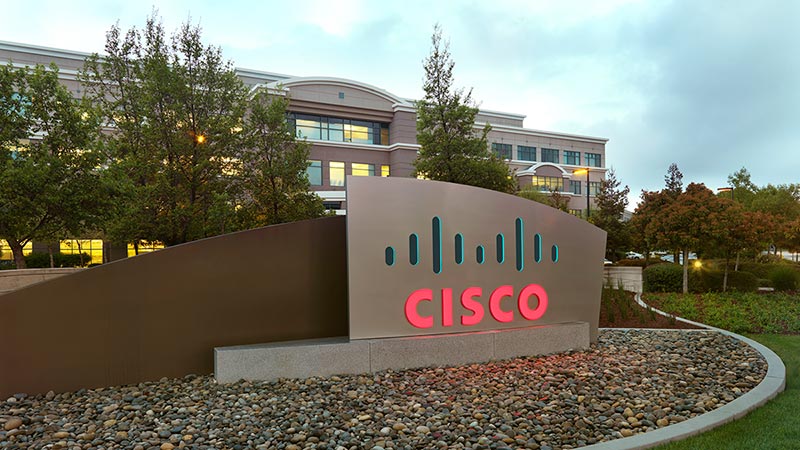SEOUL, Korea, September 5, 2006 - Cisco Systems® today announced that KT, Korea's leading service provider, has selected the Cisco® CRS-1 Carrier Routing System as the company's KORNET backbone network solution. The decision is part of KT's strategy to enhance its existing KORNET network to meet customers' ever increasing demand for network services and to address the rapidly evolving Korea market.
The Cisco CRS-1 Carrier Routing System, a core component of the Cisco Internet Protocol Next-Generation Network (IP NGN) architecture, offers capabilities, reliability and scalability required for service providers to offer next generation triple-play services. Leading service providers in worldwide are now aggressively deploying and enhancing their network infrastructure to seamlessly provide high bandwidth Internet applications that will rapidly grow over the next ten years, such as voice over Internet Protocol (VoIP), video telephony, video on demand (VoD), and IPTV.
"The Cisco CRS-1 is designed to meet the demanding requirements for service providers' core backbone networks now and in the future," said Hong Won Jeon, service provider sales manager of Cisco Systems Korea. "Along with a series of CRS-1 deployments by leading service providers in Korea and other parts of the world, KT's decision confirms that the CRS-1 is the optimal solution for the foundation of IP Next-Generation networks that deliver performance and customer benefits."
"Our goal is to build a network infrastructure that enables us to maintain and strengthen our leadership in providing an innovative Internet experience to our corporate and individual customers," said Tae-Sung Lim, network planning team manager of KT. "We expect our new core backbone infrastructure to allow us to extend our leadership and meet ever increasing customer demand of now and in the future."
For more information about the Cisco CRS-1 Carrier Routing System, visit http://www.cisco.com/en/US/products/ps5763.
About KT:
KT, Korea's incumbent telecommunication operator, was established in1981 and fully privatized in 2002. The company has a fixed-line subscriber base in excess of 21 million local subscribers and 6 million broadband subscribers, making it the largest fixed-line provider in Korea.






